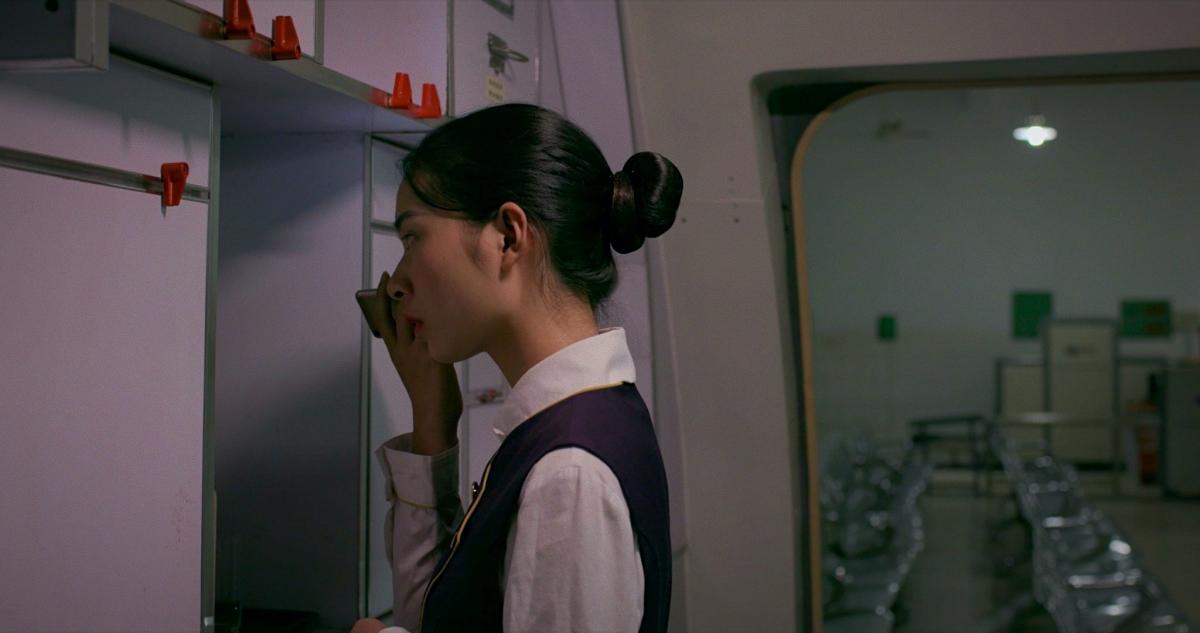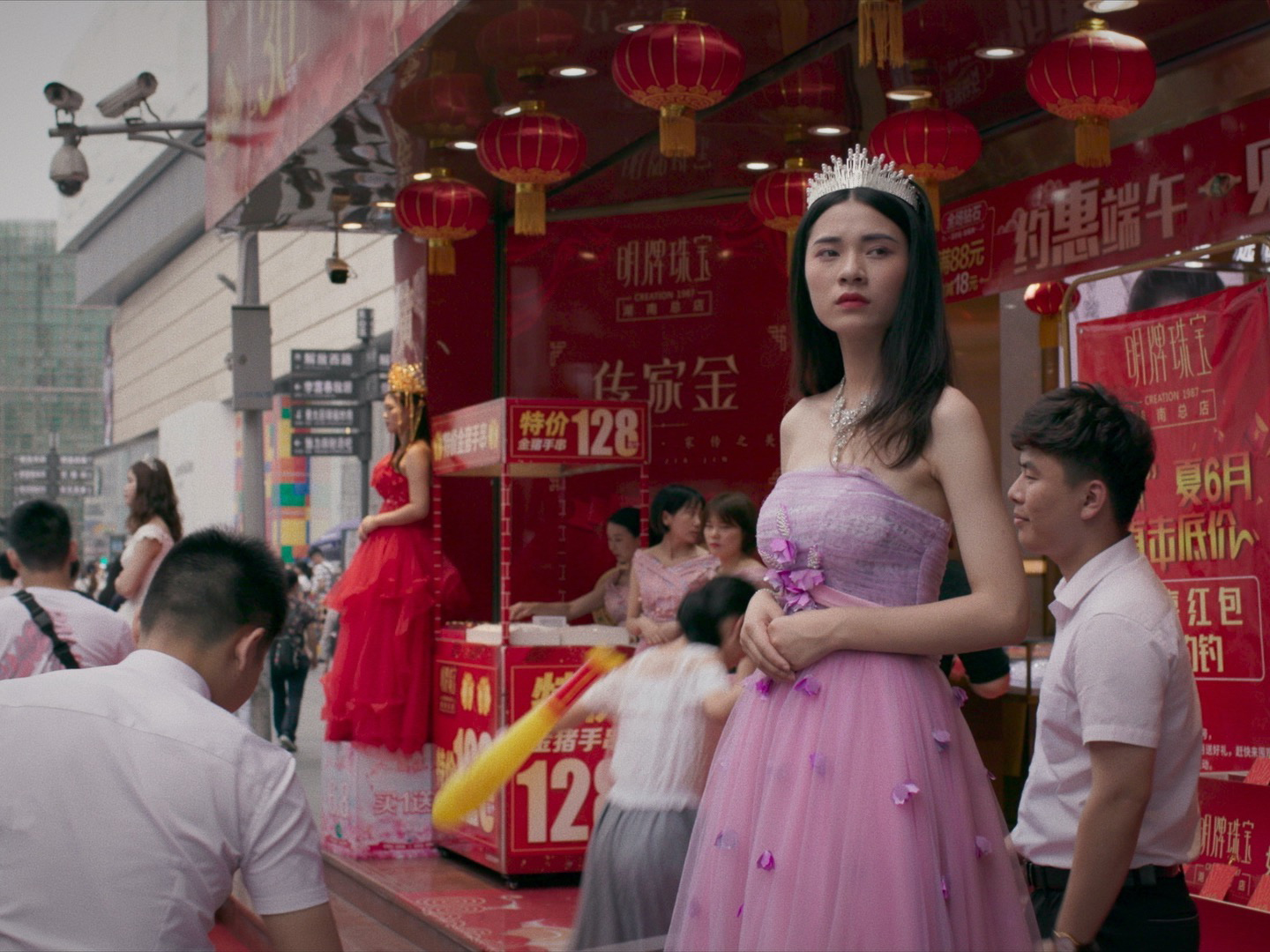Stonewalling (Huang Ji & Ryûji Otsuka, 2022)
Sabzian and Bozar are delighted to welcome Chinese director Wang Bing for the State of Cinema 2022. Every year, Sabzian asks a guest to write a State of Cinema, and to choose a film that connects to it. This way, once a year, the art of film is held against the light, an invitation to reflect on what cinema means, could or should mean today. Wang Bing chose the film Stonewalling (2022) by Chinese-Japanese duo Huang Ji and Ryûji Otsuka. The film gives an insight into the life of Lynn, a Chinese young woman who, after discovering she is pregnant, decides to take her fate into her own hands. Returning with a now adult Yao Honggui (Foolish Bird, Egg and Stone), Huang Ji and Ryûji Otsuka take a look at the new norms of gig-economy, grey markets, MLMs, and hustling in modern-day metropolitan China through the experiences of one ordinary young woman. Wang will come to recite his speech on the Bozar stage in Brussels.
This event is organized by Sabzian and Bozar. You can buy tickets at Bozar or on their website.
The day after the screening, the State of Cinema text will be made available for free on Sabzian’s website, in English, French and Dutch translation. The video recording of Wang Bing’s presentation at the Brussels arts centre will also be provided.

This year Sabzian is already organizing the fifth edition of the State of Cinema. In 2018, Belgian filmmaker Sarah Vanagt kicked off Sabzian’s new annual tradition. In 2019 and 2020, Sabzian had the honour of welcoming, respectively, Belgian filmmaker Claudio Pazienza and French filmmaker and author Olivier Assayas. For the 2021 edition, Sabzian welcomed the French film historian, scholar, author and curator Nicole Brenez.
Wang Bing (1967) is a Chinese film director. He graduated from the Film Academy in Beijing in 1996. At the turn of this century, Wang Bing entered film history when he boarded a freight train with a small rented DV camera and started filming the industrial district of Tiexi in northeastern China. The monumental Tiexi qu [West of the Tracks] (2002), a nine-hour document of China’s transition from state-run to free-market economy, and a chronicle of the Chinese working class, was the start of the oeuvre of a filmmaker who has taken on the invaluable task of weaving a map of this other China. From then on his films have always started from encounters with people on the margins of society amidst the vast and rapidly changing landscapes of 21st-century China. His other works include He Fengming [Fengming, a Chinese Memoir] (2007), San zimei [Three Sisters] (2012), Feng ai [’Til Madness Do Us Part] (2013), Ta’ang (2016), Fang Xiu Ying [Mrs. Fang] (2017), Dead Souls (2018) and the installation Caiyou riji [Crude Oil] (2008). In 2017, Wang Bing received the Golden Leopard for his film Mrs. Fang at the Locarno Film Festival and was awarded the EYE Art & Film Prize by the EYE Filmmuseum, where his work was exhibited in 2018.
Discover on Sabzian the Dossier ‘Wang Bing. Filming a Land in Flux’ about the Chinese filmmaker’s cinema, with texts by Lucy Sante, Jean-Louis Comolli, Thom Andersen, Emmanuel Burdeau and Wang Bing himself, among others. This compilation – compiled, edited and published by Sabzian, Courtisane and CINEMATEK – aims to trace Wang Bing’s trajectory through a series of writings and interviews published between 2009 and 2017.
Huang Ji was born in Hunan in 1984, and studied screenwriting in the Beijing Film Academy. Since her first short film, The Warmth of Orange Peel (2009), she has been focusing on exploring the secrets of women’s inner emotions.
Ryûji Otsuka was born in Tokyo, in 1972. He relocated to China in 2005 to work in independent filmmaking, and has since been serving as the cinematographer and producer for all the films directed by Huang Ji.


